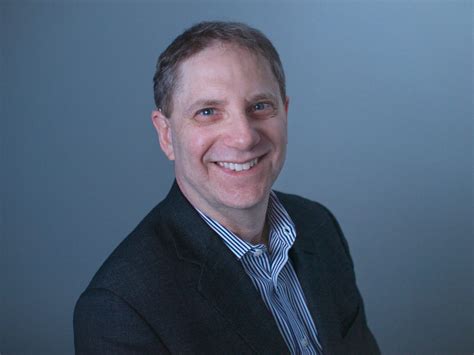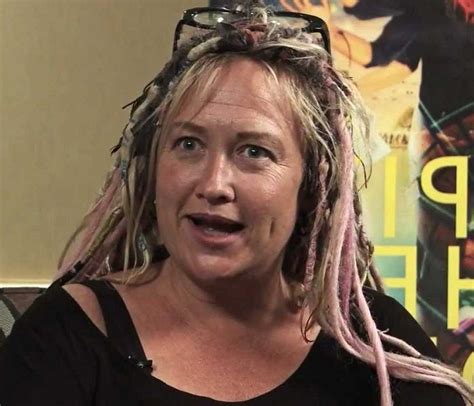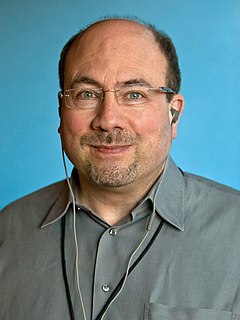A Quote by Edward Greenspon
Either for profit or for political malevolent reasons, people are polluting the otherwise wonderful democratizing agent called the internet, with all kinds of things that are not trustworthy. And people are confused.
Related Quotes
People say to me, Oh, it's so wonderful that you're writing about real things, and that it's a political thing to do, and I say, look-to be in my position and not say anything is a hell of a political thing. You need to think politically, otherwise you'll be one of these people who says, Oh, this person's saying this and that person's saying that, and I'm confused. And I say, yeah, because you want to be confused.
I think people are screw-ups, and even our greatest heroes are deeply flawed human beings. People make bad decisions for all the wrong reasons, and then somehow they'll do the right thing, and then somehow they'll save somebody, or they'll be compassionate. Horrible people can do wonderful things, and wonderful people can do horrible things.
Unfortunately, my rivals are spreading all kinds of suspicions for political reasons that are absolutely not true. They've tried accusing me of agreeing to dismantle the army, of jeopardizing private property, of giving the pensions of policemen to the guerillas - all kinds of lies. What they want is for people to be afraid of peace.
When you finish some film and you let it out there, it is completely out of your control. You've done what you've done, you haven't done what you haven't done, and now you are up for judgment. People can be all kinds of ruthless and they can be all kinds of wonderful. The joy in what I do is in the doing of it. And then there is the part where people are either going to see what I've offered and liked it or they are going to see what I've offered and wish they hadn't.
Secretly everybody's getting tired of political correctness, kissing up. That's the kiss-ass generation we're in right now. We're really in a pussy generation. Everybody's walking on eggshells. We see people accusing people of being racist and all kinds of stuff. When I grew up, those things weren't called racist.
My take on the whole dot-com bubble was that a lot of people who wanted to make a lot of money got too excited and hyped up the commercial aspects of the Internet prematurely. I think the vision of the Internet as a democratizing medium - as everyone's printing press - is real. We got distracted from that by the mass hallucinations of the bubble.
Any comprehensive doctrine, religious or secular, can be introduced into any political argument at any time, but I argue that people who do this should also present what they believe are public reasons for their argument. So their opinion is no longer just that of one particular party, but an opinion that all members of a society might reasonably agree to, not necessarily that they would agree to. What's important is that people give the kinds of reasons that can be understood and appraised apart from their particular comprehensive doctrines.
My company invents all kinds of new technology in lots of different areas. And we do that for a couple of reasons. We invent for fun - invention is a lot of fun to do - and we also invent for profit. The two are related because the profit actually takes long enough that if it isn't fun, you wouldn't have the time to do it.

































